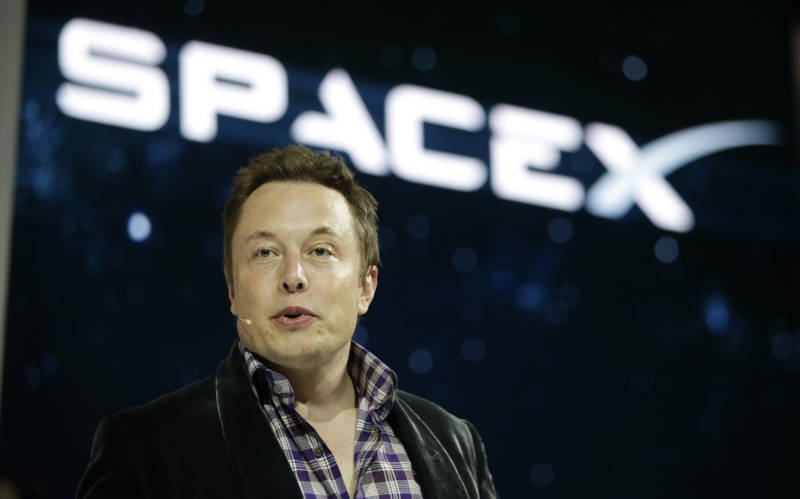Billionaire tech entrepreneur Elon Musk says his space transport company, SpaceX, will build a rocket system capable of taking people to Mars and supporting a permanent city on the red planet.
“It’s something we can do in our lifetimes,” he said in a speech Tuesday at the International Astronautical Congress in Guadalajara, Mexico, that was streamed online and watched by more than 100,000 people. “You could go.”
Musk described plans to send at least a million humans to Mars and establish a self-sustaining city there. He said he expects people to reach Mars within a decade, and described four requirements for a new rocket fleet, which would travel to Mars approximately every two years, when Mars and Earth come closest to each other.
The requirements for a feasible rocket system are full re-usability, the ability to refuel in orbit, the ability to produce fuel on Mars and identifying the ideal propellant. Because the atmosphere of Mars is largely made of carbon dioxide, and previous missions have found ice on the planet, Musk said he though it would be possible to produce a methane fuel there.
But the centerpiece of the speech was a video simulation of a the massive spacecraft and rocket to get Mars colonizers to their destination. (Within SpaceX, they have been nicknamed the “BFS” and “BFR,” which are acronyms for phrases NPR is too polite to spell out.)

9(MDAxOTAwOTE4MDEyMTkxMDAzNjczZDljZA004))
